Handbook on Anti-Rape Laws in India
The Offence of Rape has been dealt with under the Indian Penal Code not as a mere provision with a limited scope but has acquired a very wide dimension in terms of its definition as well as scope. The obvious reason is the challenge posed by the increasing number of instances of commission of such crimes in the society and a corresponding urgent need to re-impose the deterrent effect of our penal law. Even though the IPC was codified in the year 1860 i.e. about 157 years ago with provisions considered very stringent in terms of the punishments laid down for different offences therein, it has somewhere failed to achieve its purpose. The ever increasing number of such offences being committed in the society is the best evidence of its shortcomings. Perhaps, Indian societal humanitarian and ethical status are responsible for such uprise in criminal statistics. The legislature, executive, judges and lawyers on the one hand and our legal system on the other are well aware and conscious of the menace posed by such crimes. However, there is hardly any control over the commission of such heinous crimes. Further, the voice raised by the social activists, NGOs, women interest organisations, time and again in India and abroad, has also failed to yield any fruitful results at the ground level though it cannot be denied that a fight against such a heinous crime has to be a continuous one and not a mere one-time affair. Our judicial system even at the cost of being charged with ‘judicial activism’ has discharged its functions by acting in the most desirable manner not restraining itself from hearing the voice of conscience and thus delivered some landmark judgments going beyond the literal interpretation to the black letters of law. This has been done inter alia in the area of basic human rights of women. Keeping the above aspects in mind, this second edition of the book has been prepared by including the recent landmark judgments delivered by both the Supreme Court of India as well as the High Courts along with some relevant foreign courts judgments.
Get it now and save 10%
BECOME A MEMBER
-
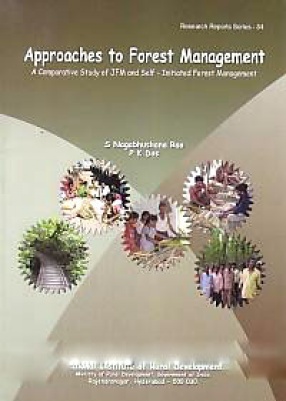
Approaches to Forest Management: A Comparative Study of JFM and Self-Initiated Forest Management
-

Spiritual Gurus: Ancient
-
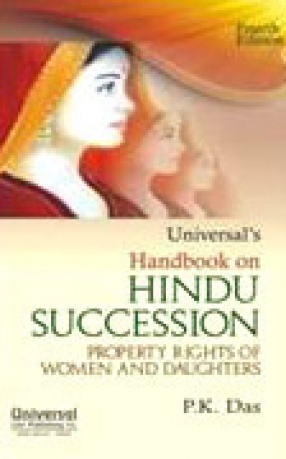
Universal's Handbook on Hindu Succession: Property Rights of Women and Daughters
-

Rights of Divorced Wife and Widows: Covering Maintenance, Custody of Child, Right to Residence, Property Rights, Re-marriage, Shared Household, Adoption, Domestic Violence and Much More

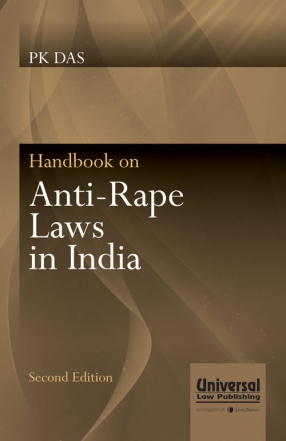
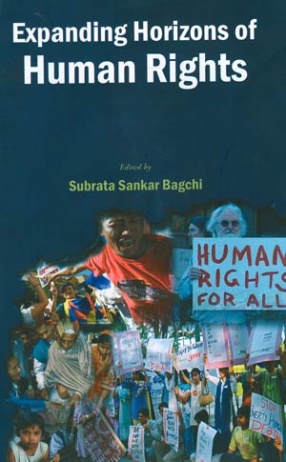
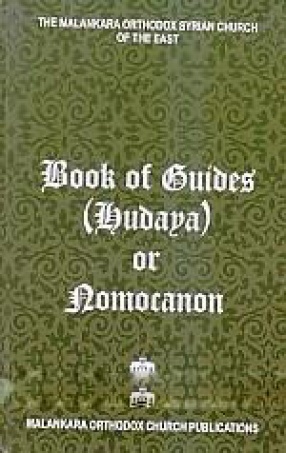
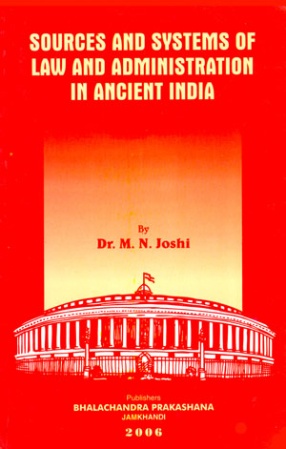


Bibliographic information